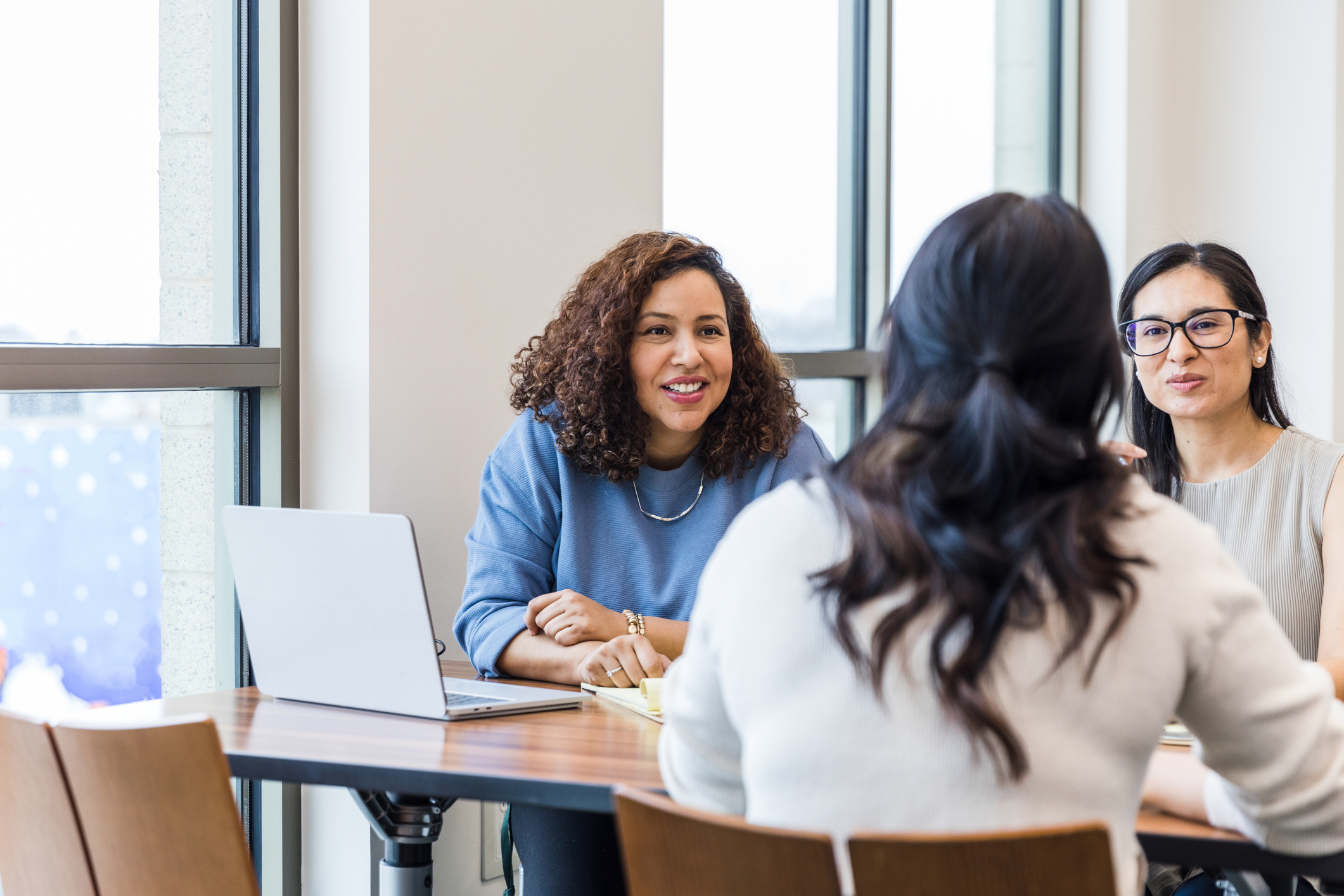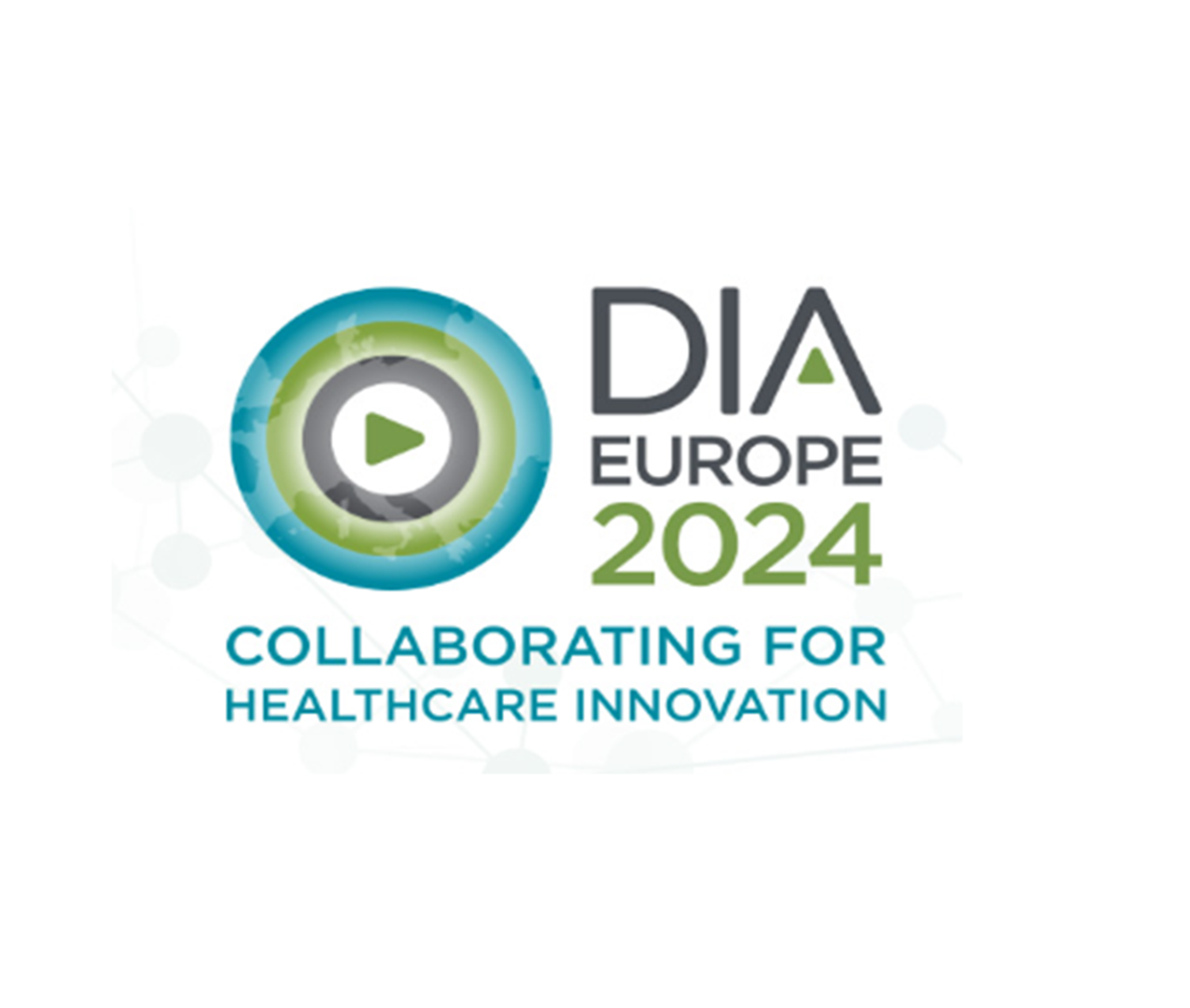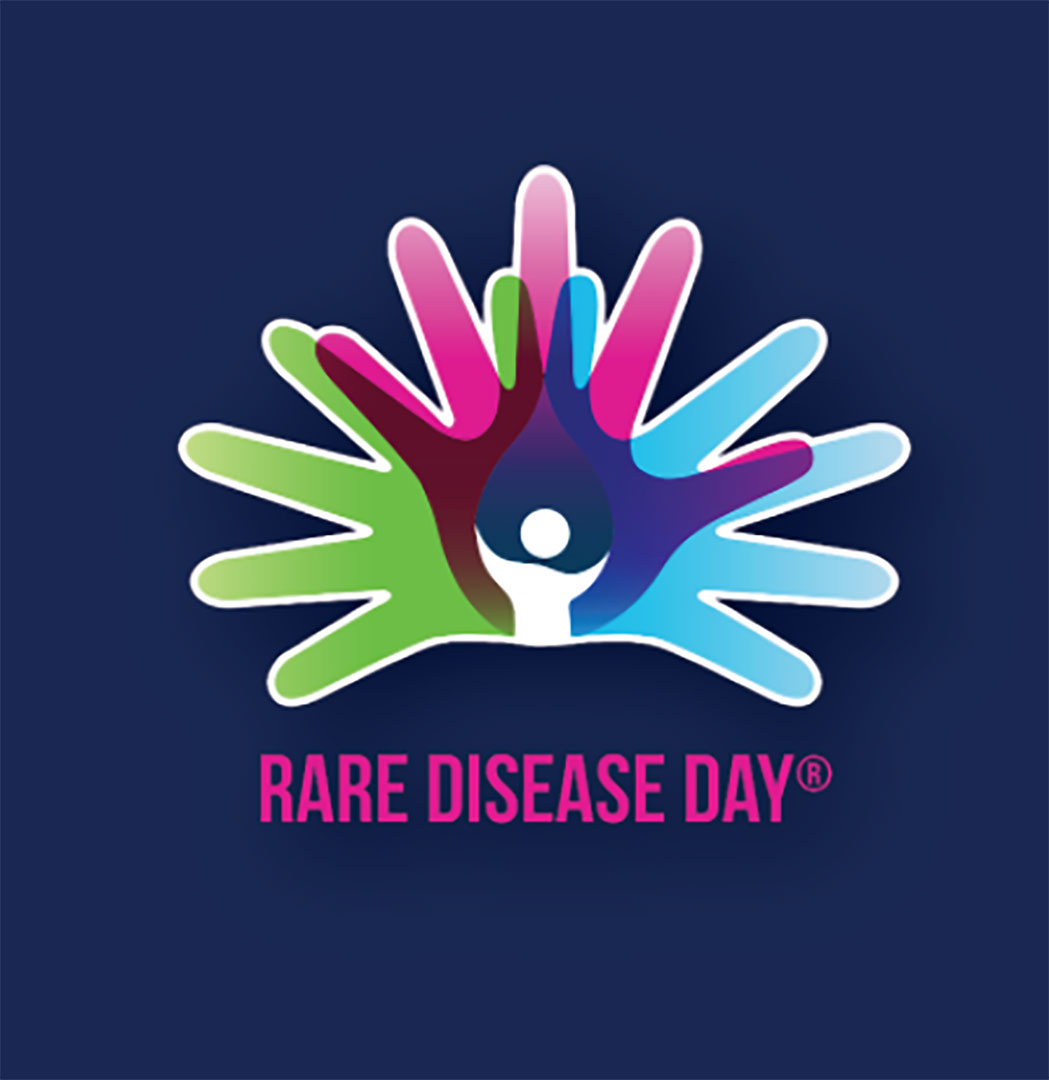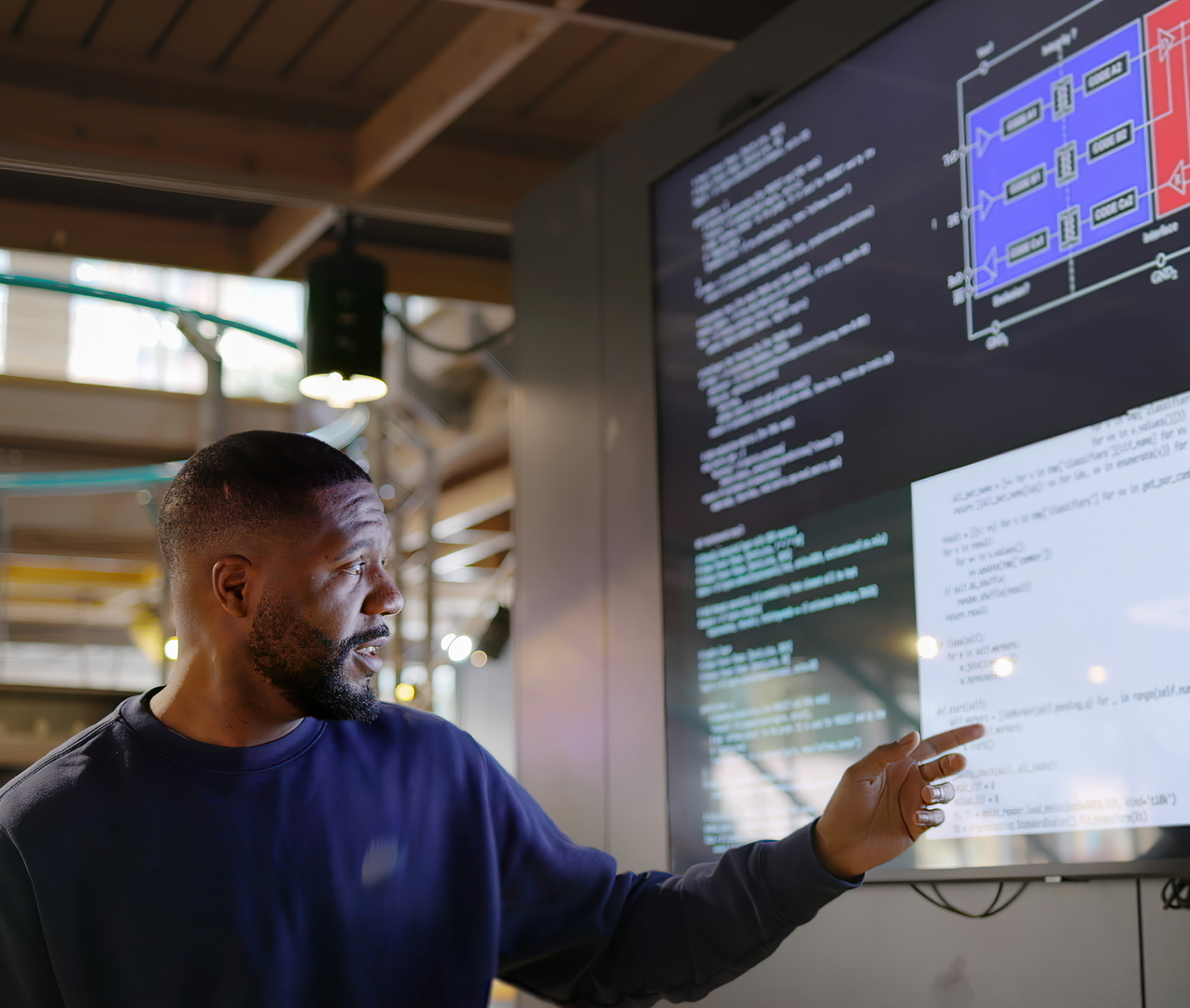UBC Insights
Insights from
April 12, 2024
5 min read
Key Stakeholders To begin the EDC integration process, relevant stakeholder participation during the kick-off and throughout the implementation is critical
April 1, 2024
6 min read
Read about three key areas where patient service providers are focusing to better service patients' needs with advocates and biopharma.
March 15, 2024
4 min read
UBC Pharmacovigilance experts, Helena Pedrosa and Philippe Botteron presented at DIA Europe on how to achieve global harmonization of PV & RMP regulatory compliance.
April 12, 2024
5 min read
Key Stakeholders To begin the EDC integration process, relevant stakeholder participation during the kick-off and throughout the implementation is critical to success. While the EDC technical and clinical teams should lead the discussions, PV safety/operational staff should be included, along with the technical and PV safety database IT staff, to ensure compatibility with the safety […]
April 1, 2024
6 min read
Read about three key areas where patient service providers are focusing to better service patients' needs with advocates and biopharma.
March 15, 2024
4 min read
UBC Pharmacovigilance experts, Helena Pedrosa and Philippe Botteron presented at DIA Europe on how to achieve global harmonization of PV & RMP regulatory compliance.
March 12, 2024
4 min read
UBC joined patients, researchers, and industry leaders at this year’s Rare Disease Day at NIH to discuss advancing research, improving diagnostics, and accelerating treatments for those living with rare diseases.
March 4, 2024
4 min read
Find out what the new Joint Clinical Assessment from the European Union could mean for accelerating patient access to innovative medicines.
February 19, 2024
7 min read
Read into the latest PV AI Best Practices, discover how to apply the EU AI Act 2023.
February 7, 2024
1 min read
UBC talked to Pharmaceutical Commerce about what artificial intelligence capabilities could do to impact patient access in 2024 and beyond.
February 5, 2024
3 min read
Read into the implications of the latest guidance from the FDA on registries usefulness for various purposes and how to best build one.
January 22, 2024
6 min read
Utilizing AI-powered analytics for your patient services data can help unlock benefits that ultimately improve patient outcomes.













